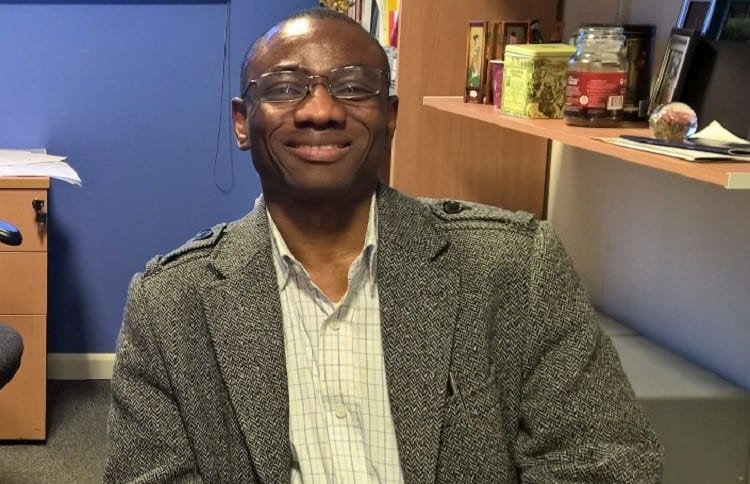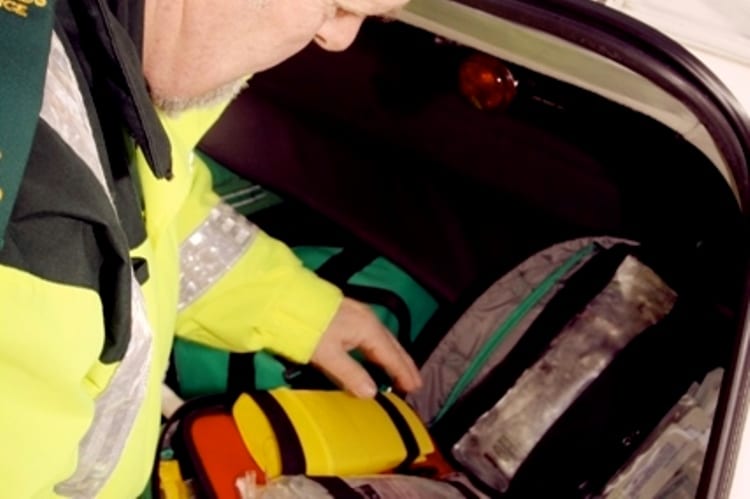Joseph Akanuwe receives PhD for work on communicating cancer risk

Joseph Akanuwe, doctoral student at CaHRU was recently confirmed by the College of Social Science Research Degrees Board that he be awarded his PhD for his thesis ‘Exploring service user and practitioner perspectives of using cancer risk assessment tools in Continue reading Joseph Akanuwe receives PhD for work on communicating cancer risk


